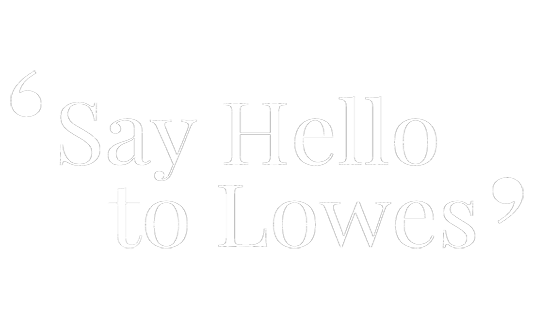

"Say Hello to
Independent Financial Advice"
0191 281 8811
Client Login
0191 281 8811
Client Login
Will Mario be 'Super' again?
Mario Draghi, the president of the ECB became known as "Super Mario" after his "whatever it takes" announcement. Will his latest course of action to improve the economic and inflationary outlook for the Eurozone preserve his title?
After much anticipation, yesterday saw the announcement from the ECB that the market had been waiting for, full-blown quantitative easing (QE). From March 2015 through September 2016 the ECB will purchase 60bn Euros of bonds per month, extending the balance sheet of the central bank by over 1trn Euros. The buying is to be conducted in the secondary market and will focus specifically on sovereign and agency debt, bonds having to be of investment grade.
Importantly, Draghi also emphasized that should inflation be showing no signs of increasing towards the 2% target then the program may be extended past September 2016. The hope for QE is that the increase of money in circulation will create a cycle of rising output and prices at a sustainable pace.
Germany remained strong opponents, arguing that it would push back much needed structural reforms in the Eurozone, particularly in those member states who had been slow to implement austerity. The quantitative easing program is expected to benefit the bond markets of the periphery in particular, with lower borrowing costs also filtering into corporate issuance, making such companies more competitive. Another consequence of QE is likely to be a weaker euro. This will potentially increase the demand for foreign exports from Europe, but going back to the point raised by Germany, does little to improve intra-Eurozone competitiveness.
Equity markets responded positively yesterday and this morning, with the DJ ESTXOXX 50 currently up over 3% since its close on the 21st January. This has rippled through into the UK and US markets. European government bond yields are also lower, with Italian 10 year yields trading below 1.5% for the first time, Spanish 10 years trading sub 1.30% and Germany's 10 year yield trading at a record low of close to 0.4%. Meanwhile, the euro is over 1% lower against the US dollar and currently trades at an 11 year low versus the currency.
So does this round of QE work? Only time will tell. Focus after the program has started will be on inflation data and the ECB's Quarterly Lending Survey. There are many other factors which will determine if this round of QE is enough, such as the oil price and the ongoing political situation regarding the rise of anti-austerity parties in Eurozone member countries. But at least Draghi has appeased the market for the moment.
Subscribe Today
Receive exclusive
financial insights
straight to your inbox
We will use the information you have provided only to contact you in accordance to terms of this contact form and our privacy policy.
You can unsubscribe at any time by emailing enquiry@lowes.co.uk or by clicking the 'unsubscribe' link at the bottom of each email. Full details of how we use and secure your personal information and how to update your marketing preferences can be viewed in our Privacy Policy.
Request a Callback
To arrange a free, no obligation consultation or a call back from your Adviser, please complete your details and we will get back to you at the earliest possible opportunity. Alternatively contact us via:
A member of our team will use the details you have provided to respond to your enquiry.
You can unsubscribe at any time by emailing enquiry@Lowes.co.uk or by clicking the 'unsubscribe' link at the bottom of each email. Full details of how we use and secure your personal information and how to update your marketing preferences can be viewed in our Privacy Policy.


